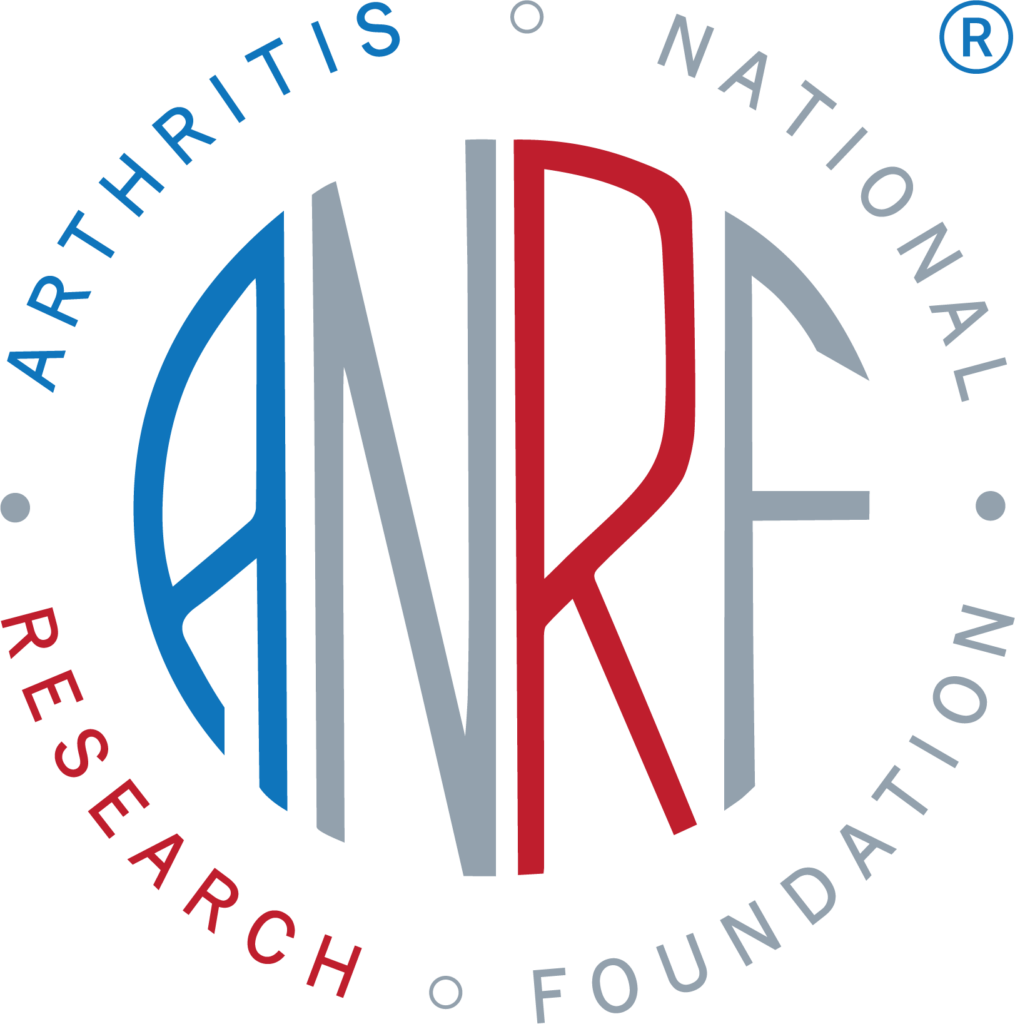Biography
I am a physician-scientist with the primary goal of establishing a basic science research program to study the pathogenesis of pediatric autoimmune diseases with specific focus on juvenile idiopathic arthritis (JIA). In JIA, it is very clear that inflammatory T cells and cytokines develop, and that genetic risk contributes to this process. Our work focuses on identifying the mechanisms by which inflammatory T cells develop in JIA. Our initial studies showed that JIA Th1 cell differentiation generates cells with high inflammatory cytokine production of IFNγ and inappropriate production of IL-17. We found a unique population of dual IFNγ-IL-17 producing T cells, Th17.1 cells, which are pathologic in multiple autoimmune conditions. We gained mechanistic insights into this process by studying a JIA patient who has a rare protein-coding mutation in GATA3, a T cell transcription factor, that is a genetic source for this patient’s high production of IFNγ and IL-17. We are now focusing on delineating mechanisms by which this GATA3 mutation and other JIA-associated rare protein-coding mutations contribute to enhanced cytokine production by Th1.17 cells. I am also interested in understanding the relationships between genetics, biologic phenotypes and therapeutic responses in JIA, with a goal to personalize medical care for children with arthritis. Towards this goal, I am using a combination of algorithms, the electronic health record, and DNA biorepositories to perform studies that link genetics to clinical phenotypes in JIA.
I am uniquely positioned to understand the impact of basic science discoveries in the JIA population and perform translational studies. I have expertise in the study of protein structure and function. My doctoral graduate studies in molecular biophysics identified how mutations in the Cystic Fibrosis Transmembrane Conductance Regulator (CFTR) protein disrupt its membrane integration and hierarchical multidomain membrane protein folding, resulting in cystic fibrosis. I also substantially contributed to work deciphering a novel mechanism by which mutations in the signal recognition sequence of a protein can trigger an mRNA quality control pathway and prevent buildup of misfolded proteins in the cell. I then began my post-doctoral studies in JIA that are the focus of my current research program. I am board certified in pediatrics and pediatric rheumatology and care for children with rheumatologic diseases like JIA. I am an Assistant Professor on the tenure track funded by a NIH/NIAMS K08 and am dedicated to building a research program that focuses on studying the pathogenesis of pediatric autoimmune diseases
Research Summary:
Juvenile idiopathic arthritis (JIA) is the most common autoimmune arthritis in children. In JIA, a part of the immune system called T cells can become inflammatory. These T cells make signals called cytokines that increase inflammation and are important drug targets. However, in JIA we do not know how the inflammatory T cells and cytokines develop. We also do not know which JIA patient will respond best to which anti-cytokine therapy among many options. The goal of this project is to improve our understanding of inflammation in JIA to make better diagnostic and therapeutic decisions.
In our prior studies, we identified an abnormal inflammatory T cell in JIA patients called a Th1.17 cell. This cell makes two inflammatory cytokines, interferon gamma and interleukin 17. In this proposal, we will study the factors that contribute to the development of the Th1.17 cells and their production of these two cytokines. We will also learn more about the Th1.17 cells by studying what genes they express. By learning more about the Th1.17 cells in JIA, we hope to develop better ways to detect inflammation, identify current and new drugs to treat inflammation, and build a personalized treatment plan for an individual patient.
Learn More:
https://pediatrics.vumc.org/person/anna-e-patrick-md-phd
Advances in Pediatric Rheumatology with Anna Patrick, MD, PhD – YouTube






